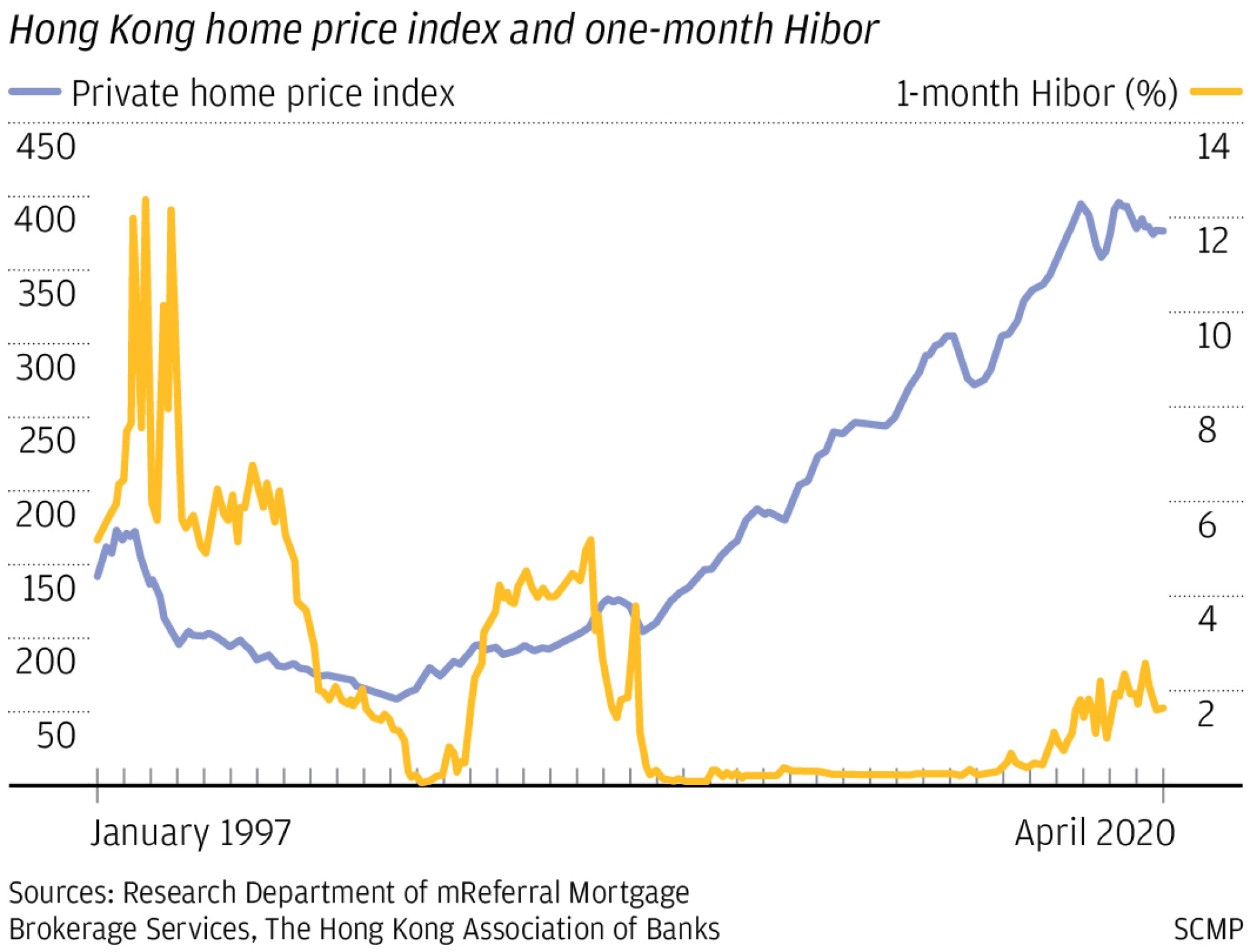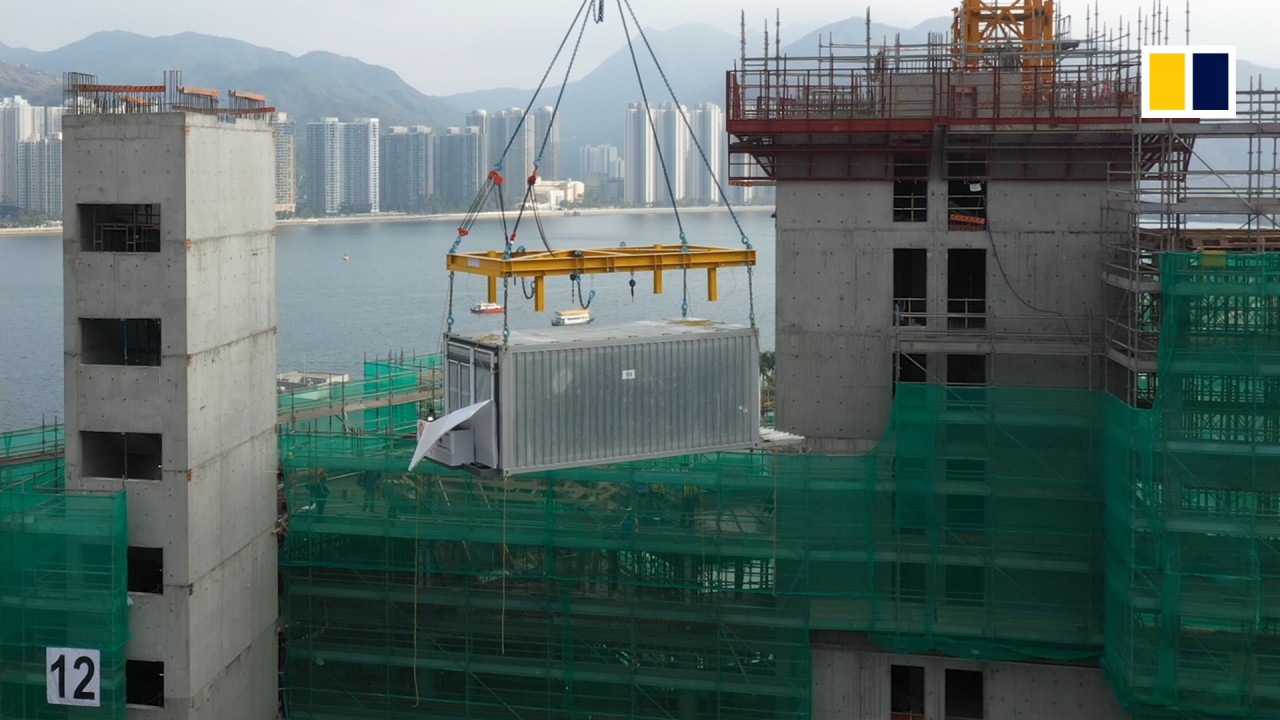
Why hasn’t Hong Kong updated its antiquated property title system yet?
- The Land Titles Ordinance was enacted in 2004 to set up a new registration system, but it still has not been implemented
- Homebuyers and owners need a digitised land register, like those in other leading cities, to reduce disputes, costs and uncertainty
A friend recently paid a 5 per cent deposit on an upscale apartment on Hong Kong Island. To his horror, his lawyer later informed him that the title to the property had been assigned to the seller by a court in a matrimonial case. For such properties, where the title is unclear, banks are reluctant to extend mortgages.
Our friend did check with the Land Registry before paying the deposit. All he saw regarding the seller’s title was the word “Assignment”. Nothing more.
This asymmetry of information about title does not arise in Boston, the San Francisco Bay Area, Los Angeles, Singapore, or England. In multiple cities in China, such as Beijing and Guangzhou, land and property titles are registered and open for examination online.
In 2004, the Legislative Council enacted the Land Titles Ordinance to set up a new registration system for land title and interests. However, the government still has not implemented the system.

As a result, to inspect the title deed, a buyer must engage a solicitor to liaise with the seller and/or bank (if the property is mortgaged). This adds to the cost and complexity of buying a home. More seriously, it takes time to retrieve the paper deed (to save on storage costs, some banks store deeds in offshore repositories).
So, typically, the title check takes place after the buyer and seller enter into the final sales and purchase agreement (usually fixed at 14 days after the initial deposit).
Crumbling Yau Tsim Mong’s overdue repairs more urgent than ever in pandemic
This means the buyer must commit to buying the property with incomplete information on title and interests. Should the title check present any issue, mediation or dispute resolution in court is often the only solution.
And once people own their home, they will discover that the current system of paper deeds continues to impose costs. For security, many owners store the deeds in banks’ safe deposit boxes. However, banks do not like this business and are hiking fees, if they are not closing the service altogether. Safe storage of the title deeds is now a daunting challenge.
Clearly, in 2021, the legacy system of paper deeds has long passed its use-by date. Its only purpose seems to be to create work for solicitors at the expense of homebuyers and homeowners. It’s reminiscent of the old system of share certificates that helped small brokers by making it difficult to move shares from one broker to another.
The Land Titles Ordinance provided that, after a 12-year period for checks, all land (unless subject to some restrictions) would be converted to registered land. However, divergent views on screening and validating the title to existing land delayed the implementation of the new system.
Seventeen years have passed since the ordinance was enacted. If the title to existing land is the problem, one way to move forward is with all new transfers and interests. A good model is England. In 2002, the government passed a law that required all subsequent transfers of real property to be registered.
If Hong Kong had done the same in 2004, by now, more than 240,000 properties would have been registered. Small, progressive steps go a long way towards putting a system in place.
And by that, we do not mean scanning the stack of title documents. We mean a land register, just like those in other leading cities of the world. Such a system would reduce disputes, costs and uncertainty, and give homebuyers and owners the peace of mind that they deserve.
Kai-Lung Hui is Elman Family Professor of Business at the HKUST Business School. Ivan Png is Distinguished Professor at the National University of Singapore. The views expressed here are their own



